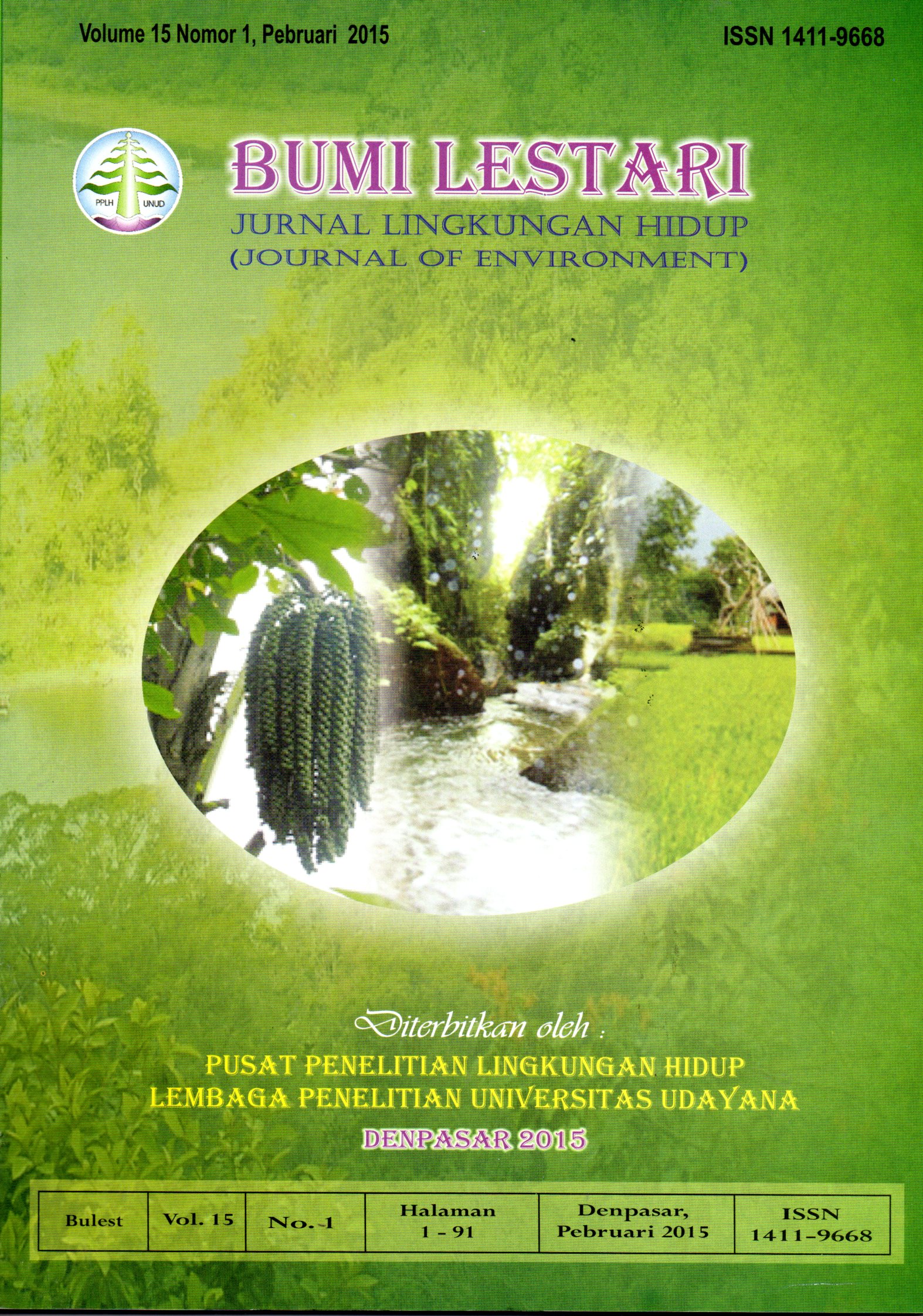KEARIFAN LINGKUNGAN MASYARAKAT DESA JATILUWIH : RELEVANSINYA DENGAN PELESTARIAN WARISAN BUDAYA DUNIA
Abstract
Jatiluwih Village and Subak Jatiluwih have been established by the United Nations Educational,Scientific and Cultural Organization (UNESCO) as a part of the World Cultural Heritage (WCH).
In addition, the village and the subak (Balinese irrigation cooperative) also have the status as
a tourist destination having the potential to conversion of paddy fields. This paper examines
the knowledge and understanding of the Jatiluwih Village community on the belief and customs
behind the pemali of animal cages in paddy fields, garden in the paddy fields and the merger
of paddy field plot activities in the subak area becoming the part of the world cultural heritage,
namely the Subak Jatiluwih. In this case, pemali (customary prohibition) along with the belief
and customs serving as the background is seen as an environmental wisdom.
The conclusion in this paper confirms that the pemali mentioned above are still relevant and
important to be understood and actualized in order to preserve the Subak Jatiluwih and to
strengthen various regulations having been enacted to protect and preserve the elements of
Balinese culture that need protecting and preserving. This strategic measure is to adopt
cultural values contained in the belief and customs that underlie the pemali in the regulations
made by relevant government authorities and in bylaws (awig-awig) of the Jatiluwih Customary
Village and bylaws (awig-awig) of the Subak Jatiluwih.
Downloads
Keywords
Authors who publish with this journal agree to the following terms:
- All articles published by Bumi Lestari Journal of Environment and Environmental Reseach Center Udayana University are made available under an open access license worldwide immediately. This means everyone has free and unlimited access to the full-text of all articles published in Bumi Lestari Journal of Environment, and everyone is free to re-use the published material given proper accreditation/citation of the original publication. Open access publication is supported by authors' institutes or research funding agency by payment of a comparatively article processing charge for accepted articles (See Author Fees). Bumi Lestari Journal of Environment and Environmental Reseach Center Udayana University publish articles under the Creative Commons Attribution License.
- Authors are able to enter into separate, additional contractual arrangements for the non-exclusive distribution of the journal's published version of the work (e.g., post it to an institutional repository or publish it in a book), with an acknowledgement of its initial publication in this journal.
- Authors are permitted and encouraged to post their work online (e.g., in institutional repositories or on their website) prior to and during the submission process, as it can lead to productive exchanges, as well as earlier and greater citation of published work (See The Effect of Open Access).





